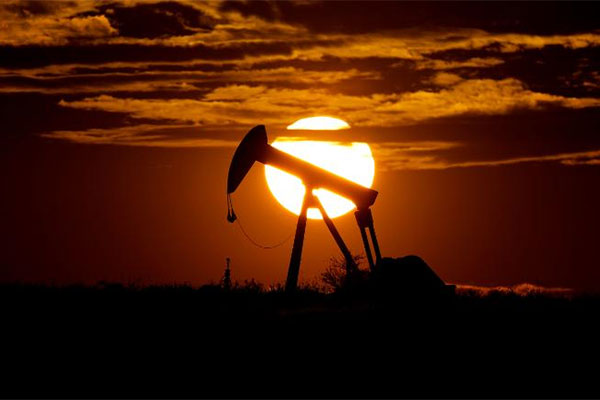Driven by a fall in demand created by the coronavirus pandemic, U.S oil price fell below zero for the first time in history.
The price plunge means producers are paying buyers to take oil off their hands.
Oil companies like West Texas Intermediate, the US benchmark, traded as low as -$40.32 a barrel in a day of chaos in oil markets with a settlement price which was -$37.63 on Monday, compared to $18.27 on Friday.
In the early hours of Tuesday, the price of U.S oil rose back above zero.
With many staying at home—and not consuming as much oil as they regularly do by driving, oil companies are expected to run out of storage space within a fortnight.
To remedy this, the Trump administration plans to offer up empty barrels from its emergency oil stockpile as space dries up. They are floating the idea of paying oil companies to leave oil in the ground.
“We should not try to prop up oil prices,” says Robert Reich, Berkeley prof, and former U.S Sec of Labor. “We should not bail out oil companies. We should accelerate our shift to solar, wind, and other non-fossil fuels.”














Comments